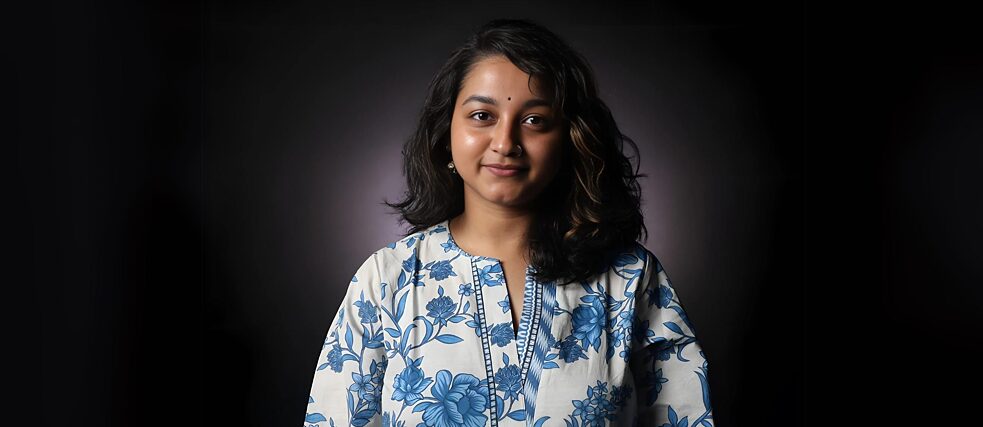Interview with Nazifa Raidah
"People Don’t Care About Truth if It Doesn't Fit Their Agenda."

Disinformation today goes far beyond spreading falsehoods—it’s about strategic precision. Nazifa Raidah, a journalist from Bangladesh, discusses the intricate tactics of modern disinformation campaigns and the role of journalists in countering their disproportionate impact on vulnerable groups, while also highlighting the challenges faced in South Asia.
What unique tactics are disinformation campaigns using today that make them particularly challenging to combat?
Disinformation campaigns today use tactics that go far beyond simply spreading false or misleading information. They’re about precision. Effective disinformation disseminators strategically create the right kind of content, in the right place, at the right time. This approach allows them to capitalize on people’s shortened attention spans, which have steadily given rise to a more reactive society—one where context often doesn’t matter, and nuance is almost non-existent.
In this environment, disinformation spreaders don’t need to do much heavy lifting. Instead, they focus on taking a “temperature check” of people’s emotions and then play into their confirmation biases. By aligning their content with what people already want to believe, they can easily amplify the impact of their messages.
How do you/your organization work to counter the disproportionate impact of disinformation on vulnerable groups?
To be quite honest, as a journalist, the best I can do to counter the disproportionate impact of disinformation on vulnerable communities is threefold:
- Report on incidents of violence triggered by disinformation,
- Raise awareness about the issue,
- Educate people on fact-checking techniques.
In societies where people are unaware of how easily they can be manipulated—and believe they have full control over the media they consume on social platforms—they are far more vulnerable to being convinced by false narratives.
Most disinformation actors in South Asia are more sophisticated than we often assume. With clear agendas set in stone, they can strategically pre-empt and counter any efforts by those who attempt to deconstruct false information—especially journalists.
Can you share some of the most impactful industry examples or initiatives that have successfully built resilience against disinformation?
Fact-checking platforms and the deconstruction of disinformation using real-life, in-person attested facts are crucial. But countering disinformation has become a full-time job on its own. In Bangladesh unfortunately, apart from the efforts of individuals, AFP (a global news agency), and a few newspaper sites, there hasn’t been significant progress on this front.
Disinformation peddlers are still winning in the subcontinent. The primary reason is that many people simply don’t care about the truth if it doesn’t align with their agendas.
About Nazifa Raidah
Nazifa Raidah is a dual-degree journalist and researcher from Bangladesh with 7 years of experience at The Daily Star. From politics to culture, her knack for digging deep into stories is only rivaled by her drive to take on anyone infringing on human rights. A relentless truth-seeker with a rebellious streak, she’s got a track record of editorial leadership, production skills, and a passion for storytelling that’s as fierce as her love for the arts.
